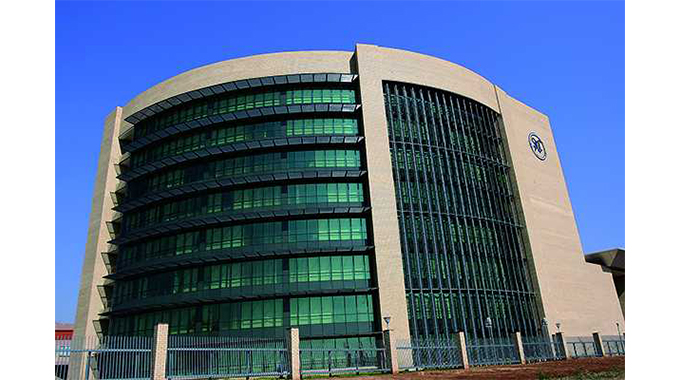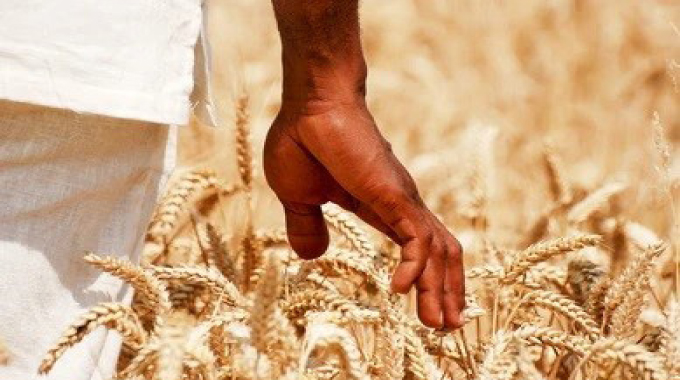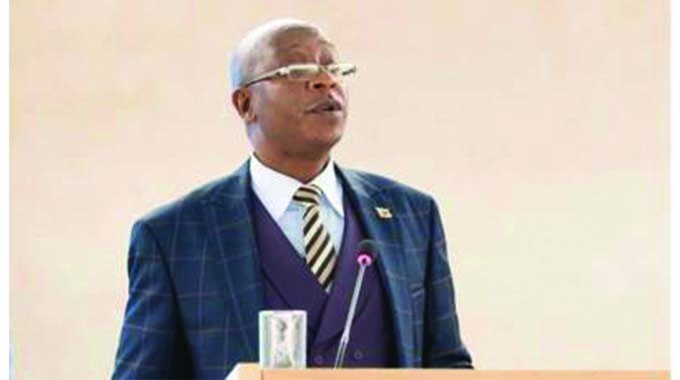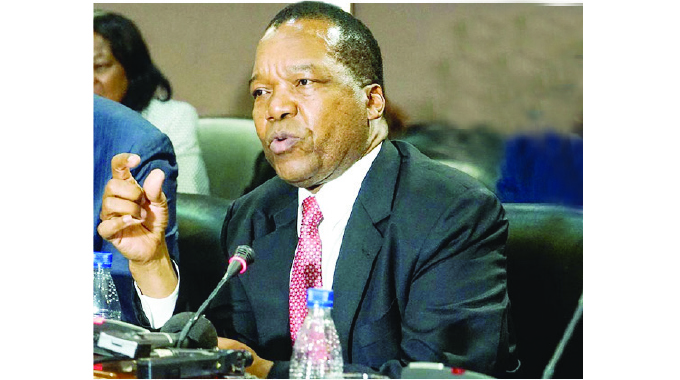Sadc registers progress on trade and finance programmes

Business Reporter
THE Southern African Development Community (Sadc) says steady progress is being achieved on its programmes to facilitate industrial development, investment and trade in goods and services among member States.
This emerged out of the Trade, Industry, Finance and Investment (TIFI) thematic group hybrid meeting held recently to discuss progress on the implementation of the bloc’s programmes to deepen regional economic integration.
According to a joint update from the Sadc directorates of finance, investment and customs and industrial development and trade, 25 percent of the 64 outputs or deliverables from the TIFI Multi-Year Action Plan 2021-2023 have been completed. This has been aided by support from global partners.
“A further 70 percent of milestones are on course while only five percent of target projects have not made progress since November 2021 due to various challenges that are being addressed,” said the bloc.

metrology
“The highest number of completed outputs are under the cluster on industry and standardisation, quality assurance and metrology where nine deliverables have been attained out of the 28 set out in the action plan.
“This is followed by a second cluster focusing on macro-economic convergence, finance and investment where four deliverables have been completed out of 18.”
Sadc said the remaining 14 deliverables are at various stages of implementation while three deliverables under the third cluster on trade and customs have been attained while 14 others are ongoing.
Among the deliverables attained are the development of the Sadc Simplified Trade Regime (STR) for small cross border traders.
The STR framework aims to reduce barriers to trade by simplifying the customs procedures and processes. Its implementation will support small traders by lowering transaction costs associated with formal trade.

cotton
“Another milestone achieved is the operationalisation of the Sadc e-Certificate of Origin framework,” said the bloc.
The pilot phase of the programme is being implemented in Botswana, Kingdom of Eswatini, Malawi, Mauritius, Mozambique, Namibia, Lesotho, South Africa, United Republic of Tanzania and Zambia.
Another milestone where the region is making progress is the operationalisation of the Sadc Regional Development Fund (RDF).
So far, nine member States have signed the agreement on the operationalisation of this fund and only one member State has deposited an instrument of ratification with the Sadc Secretariat.

rice
The bloc said significant progress has also been made towards the development of a Sadc Investment Climate Scorecard whose objective is to improve the investment and business environment in the region to foster regional integration.
The Protocol on Trade in Services came into force on 13 January 2022 following the deposit of instruments of ratification at the Secretariat by Malawi.

Wheat – Image taken from Shutterstock
Under the support towards the industrialisation and the Productive Sectors in the Sadc Region (SIPS) that is jointly supported by the EU and GIZ, Sadc said it is developing a framework and guidelines for the integration and effective participation of micro, small and medium enterprises in regional value chains.
“Work is also ongoing on the mapping and analysis of the four selected agro-processing value chains of cotton, rice, soya and wheat in order to support evidence-based value chain development by different stakeholders in the region,” said the bloc.
“This is crucial for promoting value-added agro-exports. Another SIPS-supported activity was the development of the Regional Leather Model Policy Framework, which has been completed and will be tabled for consideration by ministers in July 2022.”











Comments